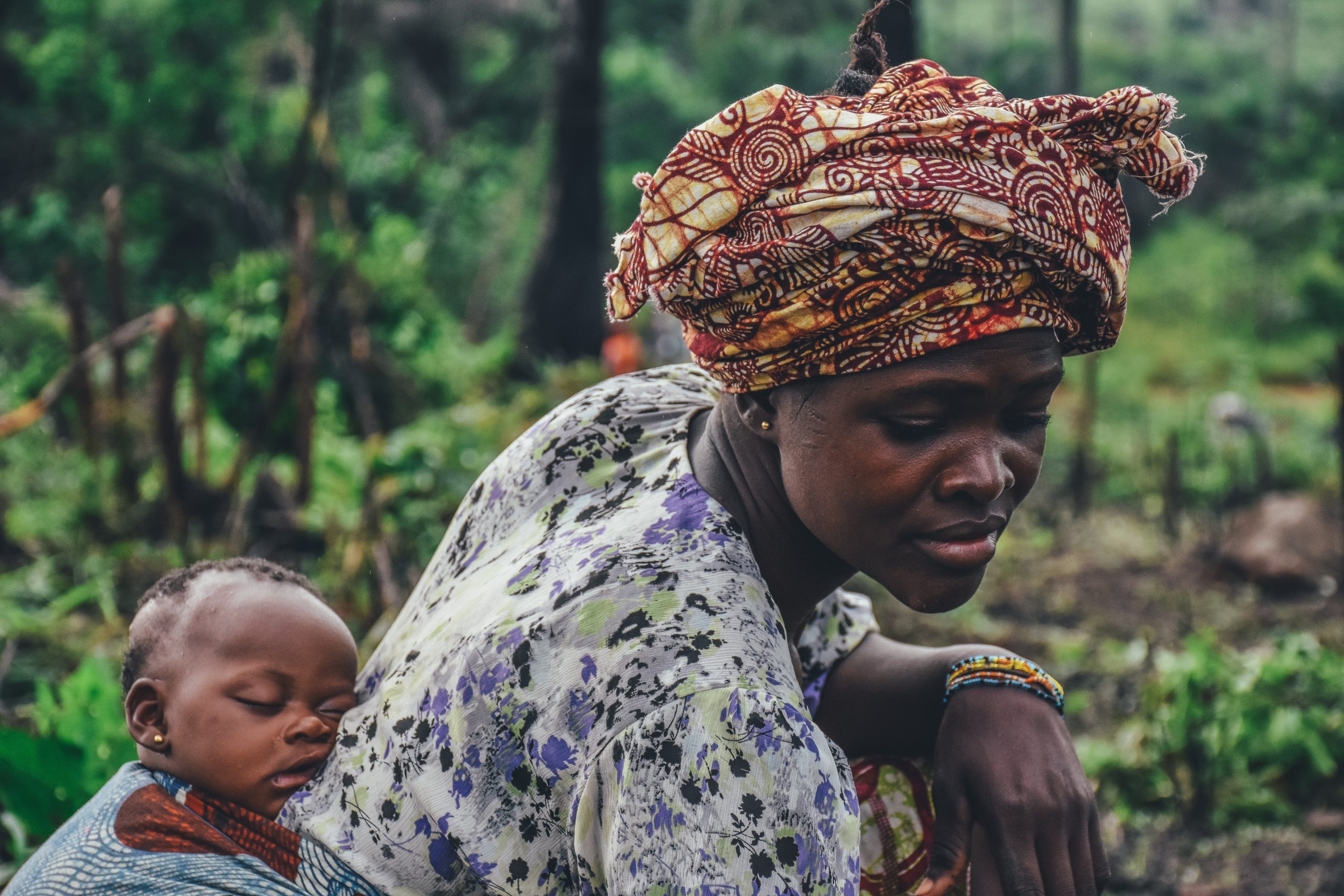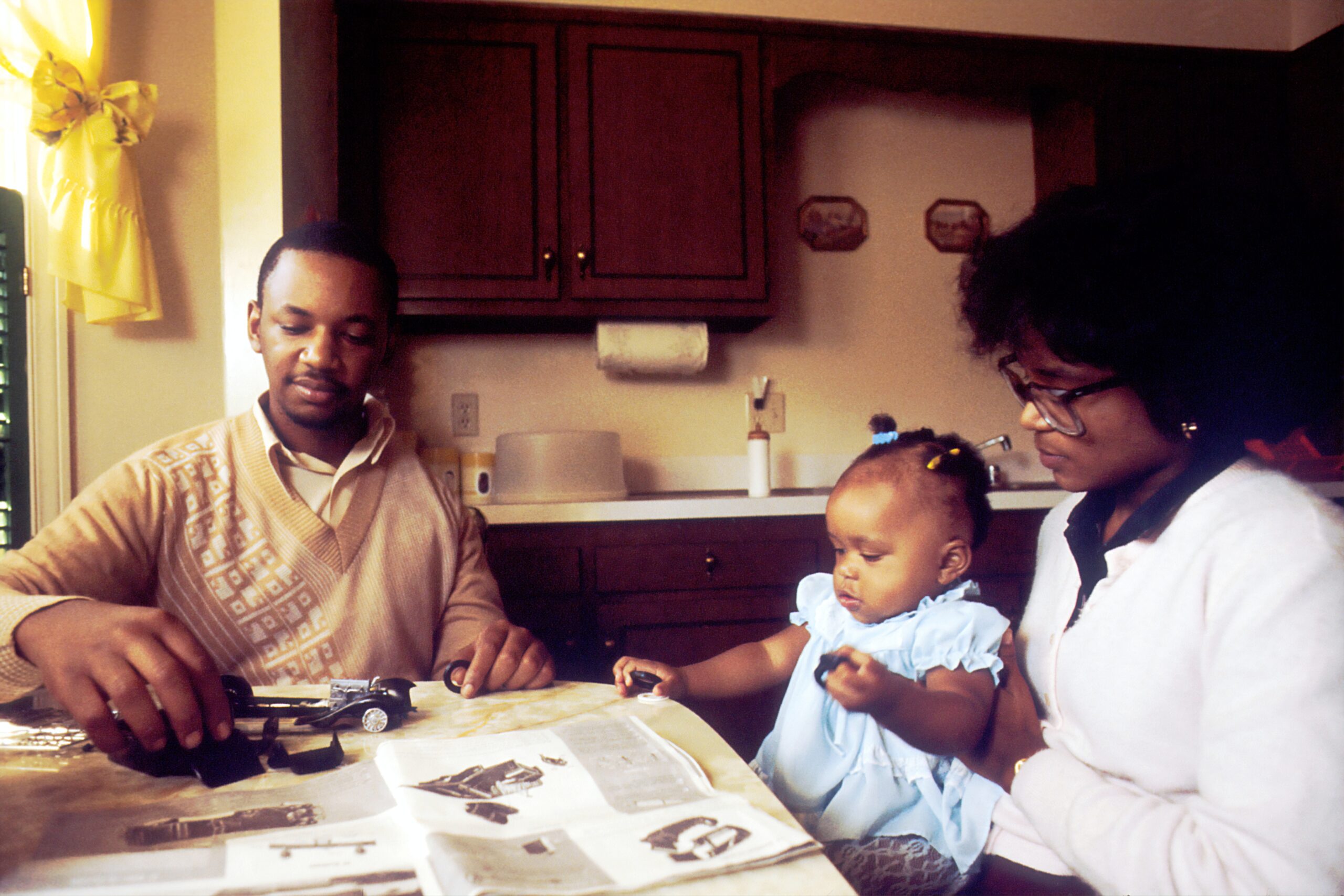I began working as a freelance writer and journalist in 2018, after leaving my job in HR consulting. I loved writing and I wanted more flexibility: I wanted to spend time with my daughter.
After my son was born in 2019, I had less time to work on my writing career. Taking care of the baby took up many hours, leaving me exhausted. 2020 was the year I hoped I would finally get my freelance career off the ground. Then the pandemic happened.
When coronavirus lockdowns began, schools were closed and children had to stay at home, adding another task — teaching — to the to-do list of many mothers. Between taking care of two children and house chores, having time to write was a luxury. My life revolved around childcare, meal planning and preparation, cleaning the house, doing laundry and homeschooling my four-year-old daughter.
My experience was not unusual. A global survey by Deloitte on the impact of the pandemic on working women revealed that about 70 percent of working women have experienced disruptions and they are concerned that these disruptions might limit their career growth. In Africa, where women are responsible for most of the childcare and domestic work, COVID-19 may have unraveled decades of progress made towards women’s rights and gender equality.

Unpaid care work increased during the pandemic, eroding years of progress towards gender equality | UNSPLASH
The burden of childcare and domestic work is even greater for women like me, who pursue a career alongside having a family. Before the pandemic, it was easy to drop off my children in school and daycare, then spend hours working on my laptop, pitching story ideas to online publications and writing.
With the children at home, I could only schedule short bursts of time for work during the day, then try to catch up for longer hours when the children went to bed. I often stayed up until 3am, only to be roused from sleep by two boisterous children, four hours later. Siestas were out of the question, unless I successfully got the two children to nap at the same time during the day, but that was rare.
Burnout
After some weeks of the pandemic routine, I began to feel miserable. I was torn between getting my writing done and completing domestic chores. I thought of getting help with the children, but I was worried that hired help would increase our risk of exposure to COVID-19.
By July, my health began to suffer: In between chores and deadlines, I battled severe fatigue. Erratic power supply didn’t help matters as it meant pushing myself more when the electricity was restored. I eventually ended up in hospital and was advised to rest. Childcare and domestic duties were unavoidable, so I had to put my writing on the back burner for some time.
One might wonder why I couldn’t get my partner to help before my health failed. He did, sometimes, but with his full-time job and a strong belief system in traditional gender norms that perpetuate the idea that domestic work is exclusively for women and girls, it was difficult getting the support I needed to avoid a breakdown.
Research on the impact of the pandemic on 274 couples with children found that doing all of the childcare while working remotely affected the well-being of women, as well as their job performance. In return, this raised tension in the relationship as a result of the strain on wives. Couples with the most successful relationships were those in which the men and women played equal roles in childcare, where couples worked alternating days. These couples had the highest amount of sleep and suffered the lowest psychological distress.

Couples that share in care work have more sleep and less psychological distress | UNSPLASH
There’s no doubt that men have a significant role to play in removing gender norms that negatively affect women. Several organisations are already playing significant roles in this area. One such organisation is MenEngage Alliance, a global organisation that engages men and boys to reduce gender inequalities and to promote the health and wellbeing of women, men and children, including ending all forms of gender-based violence. MenCare, another organisation, promotes active, equitable and nonviolent involvement of men as fathers and caregivers through media campaigns, program development, and advocacy.
In Africa, the penetration of these programmes and initiatives might be limited. The media has a significant role to play here, in producing content for adaptation by local organisations for their cultures and contexts. Media sensitisation will go a long way in educating the men and boys on the role they need to play in adjusting gender norms that put women at a disadvantage.



